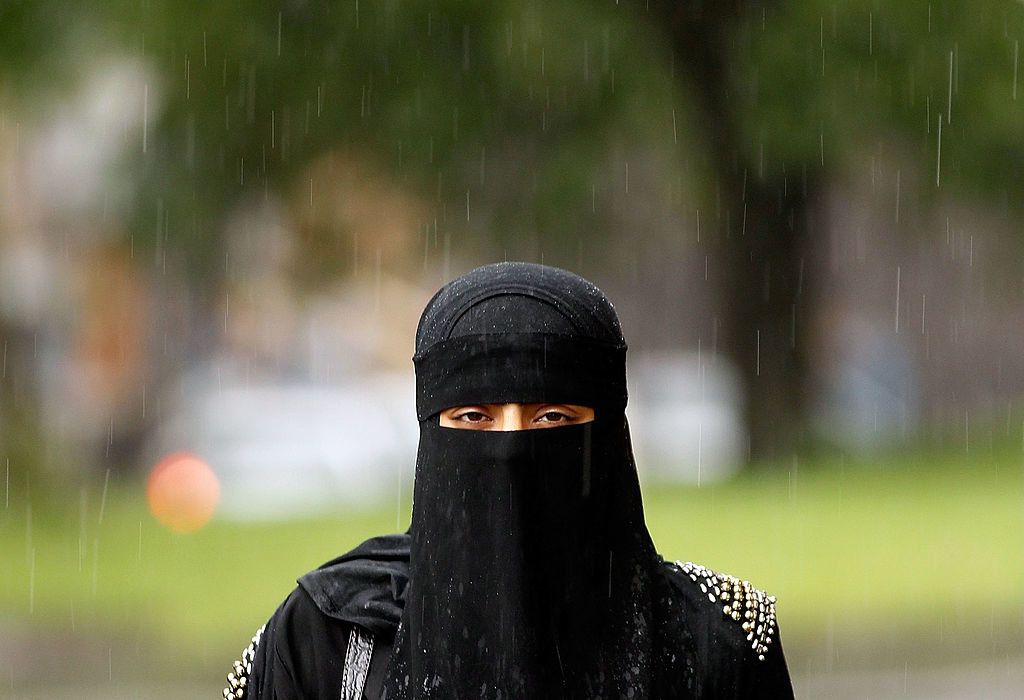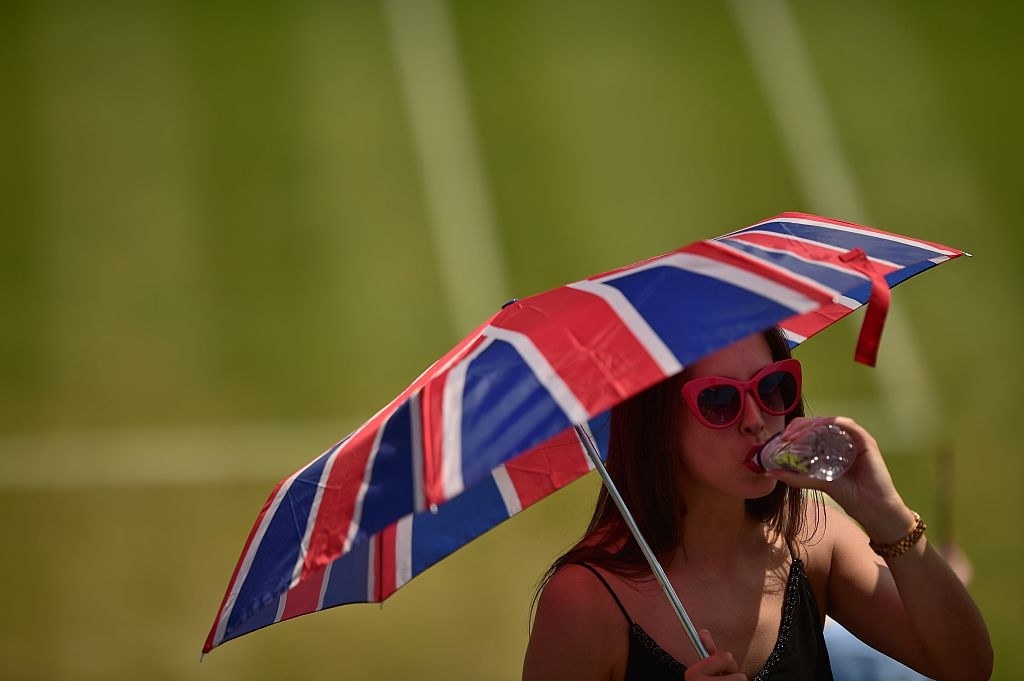People have spotted an interesting line in the UKIP manifesto, released this morning:
UKIP has come up with an absolutely priceless new reason for banning the burqa
One of its reasons for calling for a ban on niqabs and burqas, which cover the face, is that they prevent people from getting enough vitamin D. The line in full is: "Clothing that hides identity, puts up barriers to communication, limits employment opportunities, hides evidence of domestic abuse, and prevents intake of essential vitamin D from sunlight is not liberating."
We thought it was worth asking a couple of scientists whether this reasoning makes any sense. The short answer is "not so much".

"It's a pretty ridiculous reason," Martin Hewison, a professor of molecular endocrinology at the University of Birmingham, told BuzzFeed News.
Dr Sheena Cruickshank, a senior lecturer in immunology at the University of Manchester, agreed: "I think they're looking for a convenient excuse."
It's true that wearing a burqa or niqab prevents your body making as much vitamin D – which is manufactured in the skin on contact with UV light – as it might.
But that's true of all clothing, and of being inside a building or a car. Or wearing sun cream.

"If you're pasty like me," said Hewison, "when you go out in the sun you won't make vitamin D because you put on sunscreen. That's the advice we give people, but sunscreen prevents you making vitamin D.
"Or if you're in a car a lot, you won't [make vitamin D] because the windows stop the UV light getting through. I lived in California for a while and lots of people were vitamin D–deficient there, because they spent so much time in their cars."
He wouldn't recommend people expose themselves more to the sun, because that can raise the risk of skin cancer.
It IS true, though, that vitamin D deficiency is a real problem in Britain.
"A lot of people in the UK are deficient," said Cruickshank, "because we don’t get enough from sunlight, and we aren’t topping it up with our diets." She says she herself noticed that she was suffering bone aches and was found to be vitamin D–deficient, which she now treats with supplements.
And it's definitely worth trying to make sure you're getting enough.

"Sun is not the only source of vitamin D," said Cruickshank. Oily fish, cheese, and specially fortified foods such as some cereals are other means, as well as supplements such as cod liver oil.
But the scientists told us that banning niqabs and burqas is not a helpful way of improving Britain's vitamin D regime.
"The message we need to get out is that we're all at risk of vitamin D deficiency, not just people in clothing like burqas," said Hewison.
